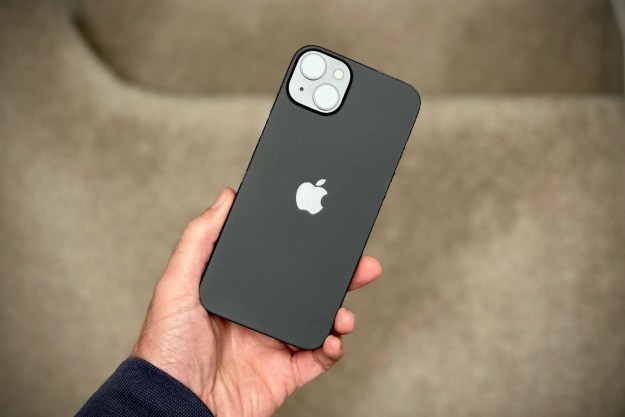Short-form video service Quibi, which pushed through with its launch last week despite the coronavirus outbreak, is now fast-tracking the launch of TV casting support as it suddenly finds its viewers staying home instead of watching shows on the app while on the go.
In an interview with Digital Trends Live, Quibi CEO Meg Whitman said the feature to cast to TVs was supposed to roll out in about six months, as the app was launched with the notion that its viewers will be watching content while on the commute or while in line for coffee.
But with people staying at home to stay safe from the COVID-19 pandemic, Quibi engineers are fast-tracking plans to add TV casting support as quickly as possible.
“Now we have the engineers scrambling,” Whitman told Digital Trends. “The engineers are trying to figure it out right now.”
Whitman did not provide a timeline for the launch of the feature though, adding it was “not a simple engineering task.”
Whitman said the Quibi team debated whether to continue its launch as the coronavirus outbreak got worse. But since the app is completely cloud-based, its engineers were able to launch it from their homes, and the service already had content prepared through November.
The launch has turned out better than expected for Quibi, Whitman said, with 1.7 million downloads in its first week that exceeded analyst expectations of 1 million to 1.5 million downloads.
Quibi’s popularity was also boosted by the move to extend its planned free trial from two weeks to 90 days, which Whitman said was also a response to the environment brought about by the risk of COVID-19.
Quibi — which stands for “quick bites” — which made a splash at CES 2020, launched on April 6 with shows from the likes of Chrissy Teigen, Liam Hemsworth, and Jennifer Lopez. After the 90-day free trial, subscriptions will cost $5 per month for the ad-supported version, or $8 per month for the ad-free version.
Launching during a pandemic may be regarded as bad timing, but with 175 new shows planned in its first year, it remains to be seen whether Quibi will overcome obstacles and carve its place in the streaming industry.


